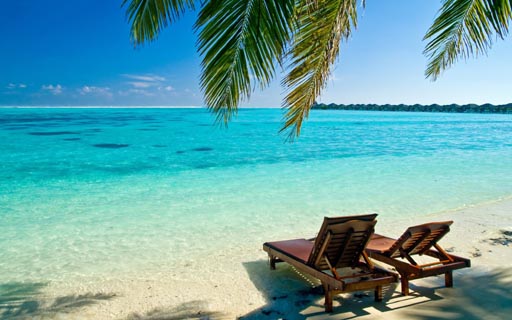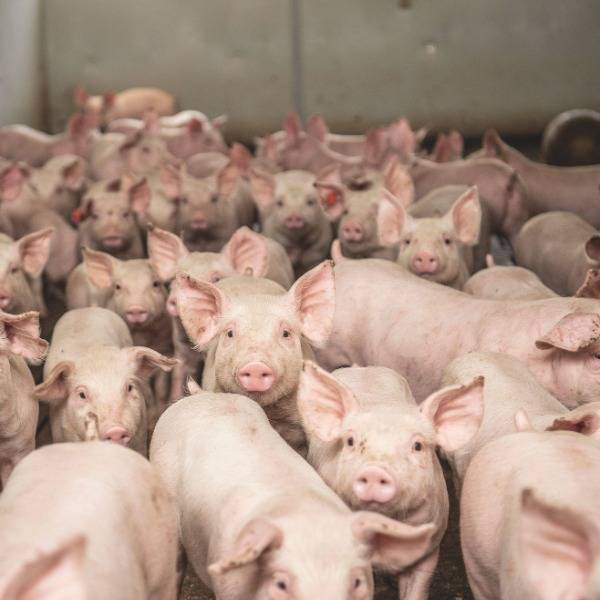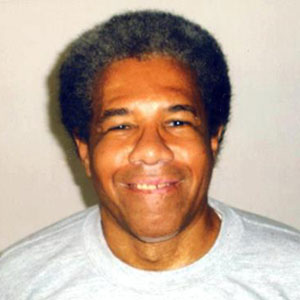
What the law says
Article 9(d) of the Maldivian Constitution: “Despite the provisions of article (a) a non-Muslim may not become a citizen of the Maldives.”
Article 10 of the Maldivian Constitution:
a) “The religion of the State of the Maldives is Islam. Islam shall be the one of the basis of all the laws of the Maldives”
b) “No law contrary to any tenet of Islam shall be enacted in the Maldives”
Article 27 of the Maldivian Constitution: “Everyone has the right to freedom of thought and the freedom to communicate opinions and expression in a manner that is not contrary to any tenet of Islam.”
Section 617 of the draft penal code bill set to replace the existing one:
“Criticizing Islam
(a) Offense Defined. A person commits an offense if, with the purpose to insult Islam, he:
(1) engages in religious oration in public or in a public medium; or
(2) produces, sells, distributes, or offers material; that is critical of the fundamentals of Islam as set out in the Constitution”
How the law is used
Maldives is a picture of holiday paradise: white sands, turquoise water and graceful palm trees. This is the scene that most holiday-makers, often on their honeymoon, find at the resorts where they spend a few weeks in blissful remoteness. Yet outside the resorts life is anything but sunbathing with a cocktail in hand. The Maldivian constitution stipulates that all citizens must be Sunni Muslims and that Sharia law trumps any national law; so, no local will be found enjoying an alcoholic drink, or be caught in a swimsuit. Homosexuality is punishable under Sharia, and so are extramarital affairs. Anyone critical of the government’s chosen teaching of Islam will face persecution and legal action.
Maldives has for centuries been an Islamic nation. However, the recent escalation of conservative thought has been partly brought on by political instability. The country is currently led by President Mohammed Waheed Hassan, who rose to the office in 2012 after the public resignation of Maldives’ first democratically elected President, Mohamed Nasheed. Under Nasheed’s presidency, Maldives took considerable steps towards a Western-style democracy, became known for its support for action on climate change and started to embrace liberal market policies. The nation’s Islamists were not pleased, especially when Maldives formed diplomatic relations with Israel. After a visit of the UN High Commissioner for Human Rights Navi Pillay in late 2011, during which she suggested that the country should review their policy of flogging women accused of extramarital sex, protests broke out. Conservatives took this as an insult to Islam and some even called for the arrest and flogging of Ms Pillay. The opposition also quickly started claiming that the President was un-Islamic. The rising conservative opposition and criticism over some questionable exertions of his presidential power finally forced Nasheed to resign.
After Nasheed’s resignation, Maldivian politics seems to have turned back to a more conservative route. President Waheed has attracted considerable criticism for appointing the daughter and son of the country’s former president of 30 years, Maumoon Gayoom, to ministerial positions; Nasheed’s Maldivian Democratic Party fought for years to force the hard-line Islamic autocrat Gayoom towards democratisation. Furthermore, President Waheed has started working closely with conservative Islamists, for example by appointing three members of the conservative religious party Adhaalath to his cabinet, although the party was not even in the Parliament. Nasheed and his supporters have unsurprisingly called the transfer of power a coup planned by the conservative opposition. Nasheed was arrested in early March for an unconstitutional act of attempting to arrest a judge at the end of his presidency. The case is ongoing, and therefore it is not certain that he will be able to run in the forthcoming presidential elections.
Aside from political instability, Maldives has also long been a dangerous place for those who do not comply with the Islamist way of life. In June 2012, a prominent blogger was stabbed outside his home in the capital city of Malé. Ismail ‘Hilath’ Rasheed had been outspoken about his support for religious tolerance, secularism and human rights. He had previously been attacked several times by Islamists, and even briefly imprisoned for participating in a silent protest for religious tolerance. He was also one of the few critical bloggers to write under his real name. His popular blog Hilath has been blocked in Maldives since November 2011, because it contains “anti-Islamic materials”. The persecution of Rasheed shows the extent of Islamist fundamentalism in the country: Rasheed is not an atheist or an apostate, but a Sufi Muslim. However, in the eyes of the all-Sunni extremists, his progressive opinions make him as good as one. Rasheed survived the stabbing against all odds, and now lives in exile in Sri Lanka.
More recently, international criticism has been raised by a court’s conviction of a 15-year old girl to 100 lashes for premarital sex. The girl had been repeatedly raped by her stepfather, who is yet to be convicted. The court case allegedly was not brought becuase of the actions of her stepfather, but because she had confessed to having sexual contact with another man. President Waheed has stated that the government is against the flogging sentence, but the Adhalaath party has supported the conviction because such Sharia punishments work to “maintain order in society and to save it from sinful acts”. The flogging will only take place once the girl turns 18, “unless she requests it earlier”. The Maldivian government is set to discuss a new Penal Code bill this year, which includes the said 100 lash punishment for “unlawful intercourse”. The new bill stipulates that all hadd offences (e.g. theft, fornication, adultery, consumption of alcohol, and apostasy) need to be punished as detailed in the Qur’an. This means that if the bill passes, the punishment for theft for example may be amputation.
Islamists are also targeting the tourism industry of the Maldives. There have been several calls from Islamist groups to make resorts alcohol-free, and to close down spas and mixed-gender beaches. 2007 even saw a terrorist attack on a popular park that wounded 12 tourists. However, the tourism industry is too important economically for the country to lose it completely. As an alternative income source to the blasphemous Westerners, the Maldives has started to actively promote itself to the Islamic travel market, with the first entirely Sharia-compliant resort set to open this year. Former President Nasheed has expressed concerns that Maldives is indeed going the way of some Islamic destinations, and he can thus “easily imagine holidaymakers being prosecuted for kissing in public”. For a major honeymoon destination, this should indeed be a great concern, as around a third of the country’s GDP currently comes from tourism.
For a tourist, the Maldives may appear one of the more moderate Islamic countries. But the reality behind the resort gates is different. Strict implementation of Sunni Islam, and the constitutional preference of Sharia over national law, guarantees that anyone speaking for human rights or tolerance, such as the now-exiled Rasheed, will be persecuted. Still, the conviction of the raped girl for “fornication” makes calls for freedom of speech sound like a luxury. The successful perverting of the rights of an underage rape victim into accusations of promiscuity is an example of religiously motivated legislation at its worst. The seeming inability (or more likely unwillingness) of the government to curb such convictions proves that there is something ugly at work in the heart of paradise.
What you can do:
The petition calling for the flogging conviction of the 15-year-old rape victim to be dropped, and for Maldivian law to be reformed so that it better protects women and children has been signed by over two million people. The petition targets the tourist industry by suggesting that “hard-hitting ads threatening the image of Maldives should be posted in magazines and online” until President Waheed acts to save the girl and change the law.
The tourism industry is in the hands of a few wealthy resort owners, many of whom also hold government positions, and therefore contribute to holding back developments that may diminish their power. Travelling to resorts owned by Maldivian government members therefore supports the current order – something to consider if you are planning a trip.

